
“I think we should march”, wrote Theresa Shook, a retired lawyer living in Hawaii, in a Facebook post right after election night. And that’s exactly what happened – over 5 million people in cities all around the globe gathered to show the world who is holding the trumps.
Over 5 million people from San Francisco to New Delhi took to the streets for Women’s Marches after Trump’s poorly attended inauguration on January 20, 2017. They all had the same mission: to send a strong NO not just to discrimination against women, but to any kind of social deprivation, injustice and attempts to interfere with the people’s democratic rights.
Washington, January 21, 2017. Only a few blocks away from where Donald Trump gave his first speech as US President the day before, the first Women’s March took place. The starting point: the intersection of Independence Avenue and Third Street SW.
But it wasn’t just women who marched. Men, liberals, conservatives, children, adults, Christians, Muslims, black people, white people – the word “diversity” might never have been so fitting. The only two things they had in common: their wish to be heard and their demand to be seen.

Boy, did they get seen! A few months ago, Jayna Zweimann and Krista Suh started the Pussyhat project as a reaction to Trump’s outrageous statement about women: “Grab them by the p—y”. Because “when you’re a star, they let you do it. You can do anything.” The pink knitted hats called pussy hats quickly became the symbol of the collective statement the crowd is giving back: no, we won’t let you do it!
That Trump’s misogynistic and racist statements were not a big step for paving the way for a progressive era did not exactly come as a surprise. A few days after his inauguration, he signed an anti-abortion executive order, which prohibits funding to organizations if they include abortion. It is dubbed the “Global Gag Rule”, which has been signed into law by every Republican president since Ronald Reagan.
The sad irony: even though this matter heavily affects women’s reproductive health access all over the globe, not a single woman was at the table when Trump signed the order.
Given these circumstances, and given the fact that this executive order was signed two days after the first Women’s March, it seems even more important to make a clear statement. Social and political activists Angela Davis and Gloria Steinem, filmmaker Michael Moore, pop icon Madonna and Hollywood stars America Ferrera, Ashley Judd and Scarlett Johansson were just some of the famous voices that helped the crowd make the people’s heard during the first march in Washington.
The numbers speak for themselves: according to the official website of the Women’s March organization, more than 5 million people have participated in public protests on almost every continent, showing that these values had struck a chord with people all over the world.
At a time when certain media pundits and chief mainsplainers like to claim women should stick to reporting on celebrities, “thigh-high boots” and skincare the way Fox News host Tucker Carlson tried to tell Teen Vogue writer Lauren Duca, or noted feminist-hater Piers Morgan who felt “emasculated” by the thought of the women’s march lead by “rabid man-hating feminists”, this march was also a clear message about feminism: you can love fashion and skincare AND be just as passionate about marching in the streets for equal rights.
During the Women’s March in Washington, Angela Davis stated that this march represents “the promise of feminism against the pernicious powers of state violence.” And what this implies isn’t just about women’s rights, it’s about human rights and collective resistance: “join the resistance to racism, to Islamophobia, to anti-Semitism, to misogyny, to capitalist exploitation,” Davis said.
Washington was just the beginning: Seattle, Boston, New Orleans, Auckland, Sydney, Lima, Brasilia, Nairobi, Cape town, Berlin, Geneva, Paris, Budapest, London, Brussels, Belgrade, Barcelona, Kolkata soon followed with their own marches and supportive messages. And the list is growing day by day.
The messages people carried called for human rights, equal pay, better healthcare systems, freedom of speech. They stood against police brutality, LGBT discrimination, and for better disability rights.
The co-founder of the Women’s March in Sydney, Australia, Mindy Freiband, agrees that the movements are not merely happening to support the United States, they are actually joining in to widen the movement: “Hatred, hate speech, bigotry, discrimination, prejudicial policies – these are not American problems, these are global problems.” The Women’s March is turning into a global movement for democracy.
Along with making their voices heard that day were some incredibly talented vocalists. MILCK, a female singer from Los Angeles, contributed a heartfelt song which soon became the Anthem of the Women’s March Movement. She performed her track ‘Quiet’ a cappella with a group of women from across the country who had never met in person before, but who had been practicing together online.
The video was originally filmed by a Los Angeles filmmaker, which has now gone viral and been seen across the world. Since the march, late night comedian and host Samantha Bee had the women on her show to end a segment about how successful the Women’s march was.
We’re witnessing exciting days, where people whose opinions were very different up to recently now walk together for a cause they all believe in. There has never been a better time to be part of a democratic movement of people raising their voices for the cause of equality for ALL people.











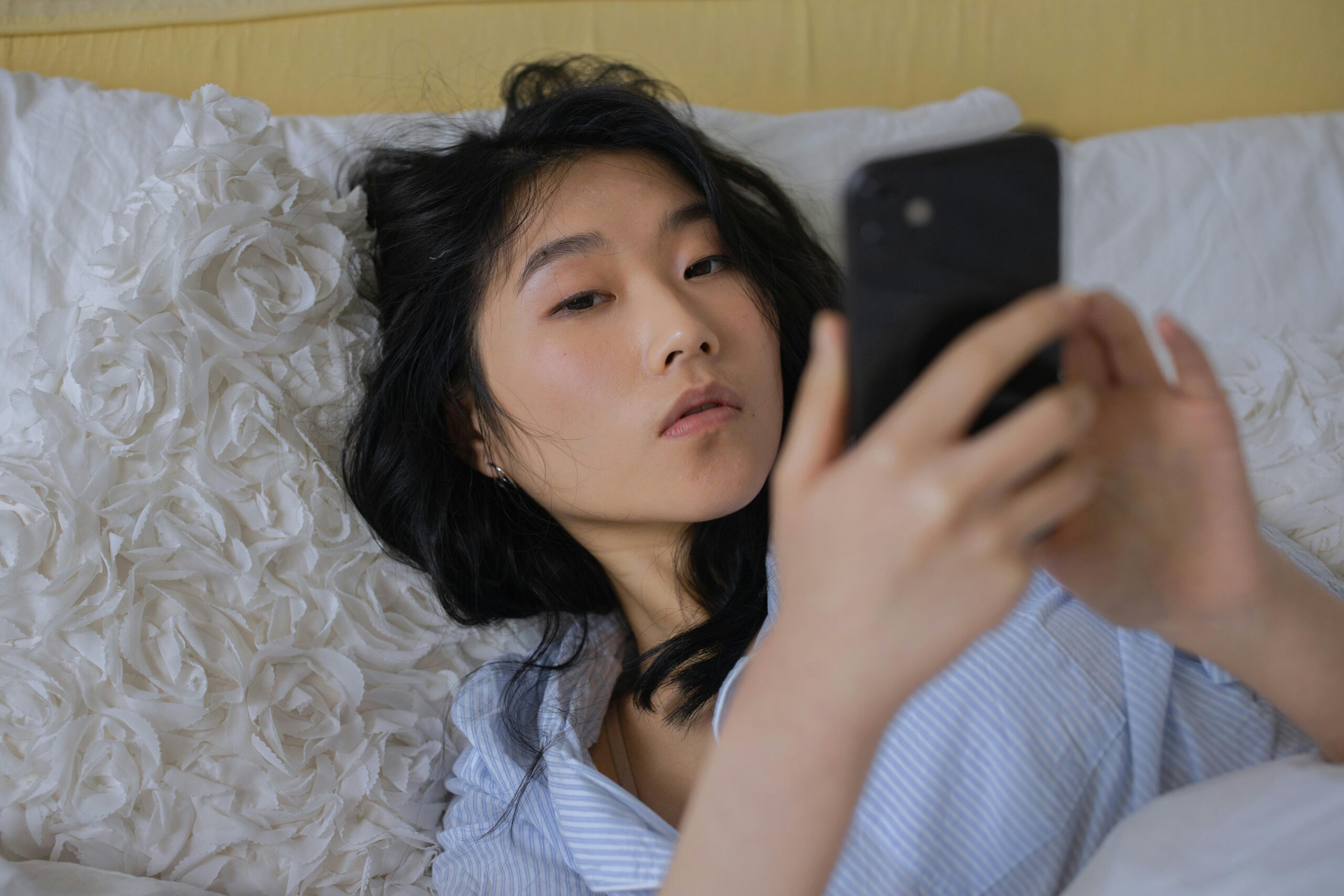
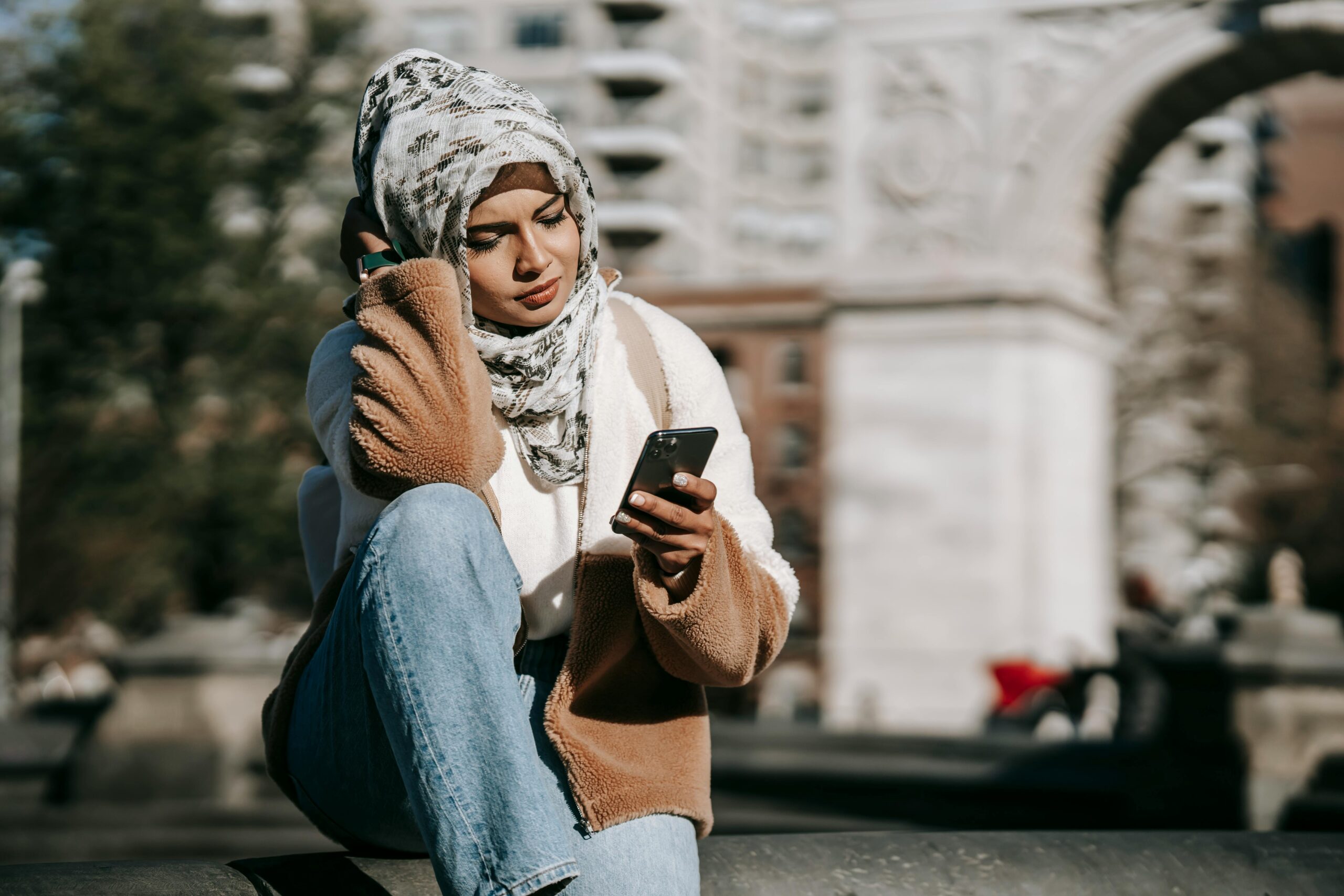
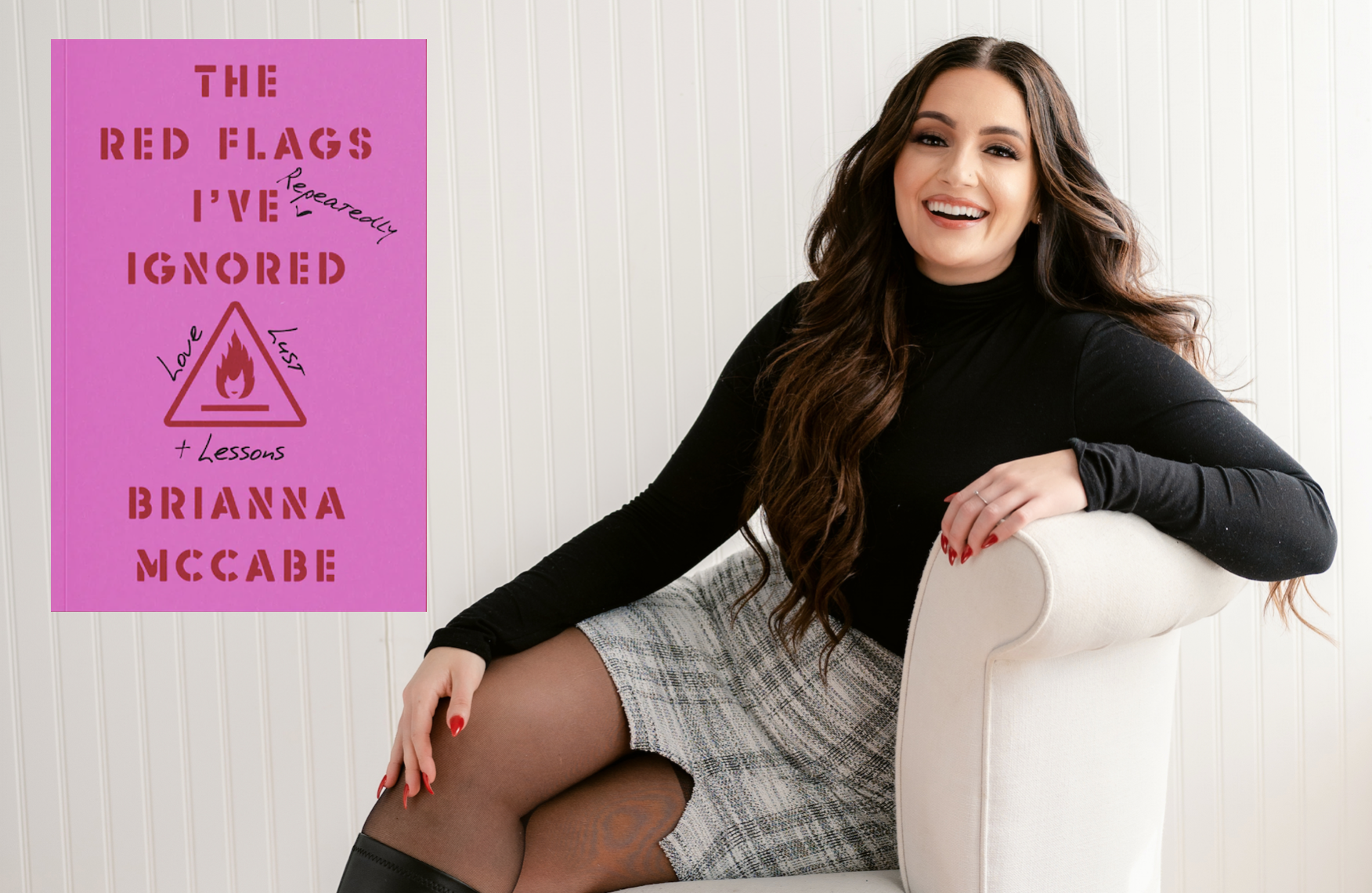
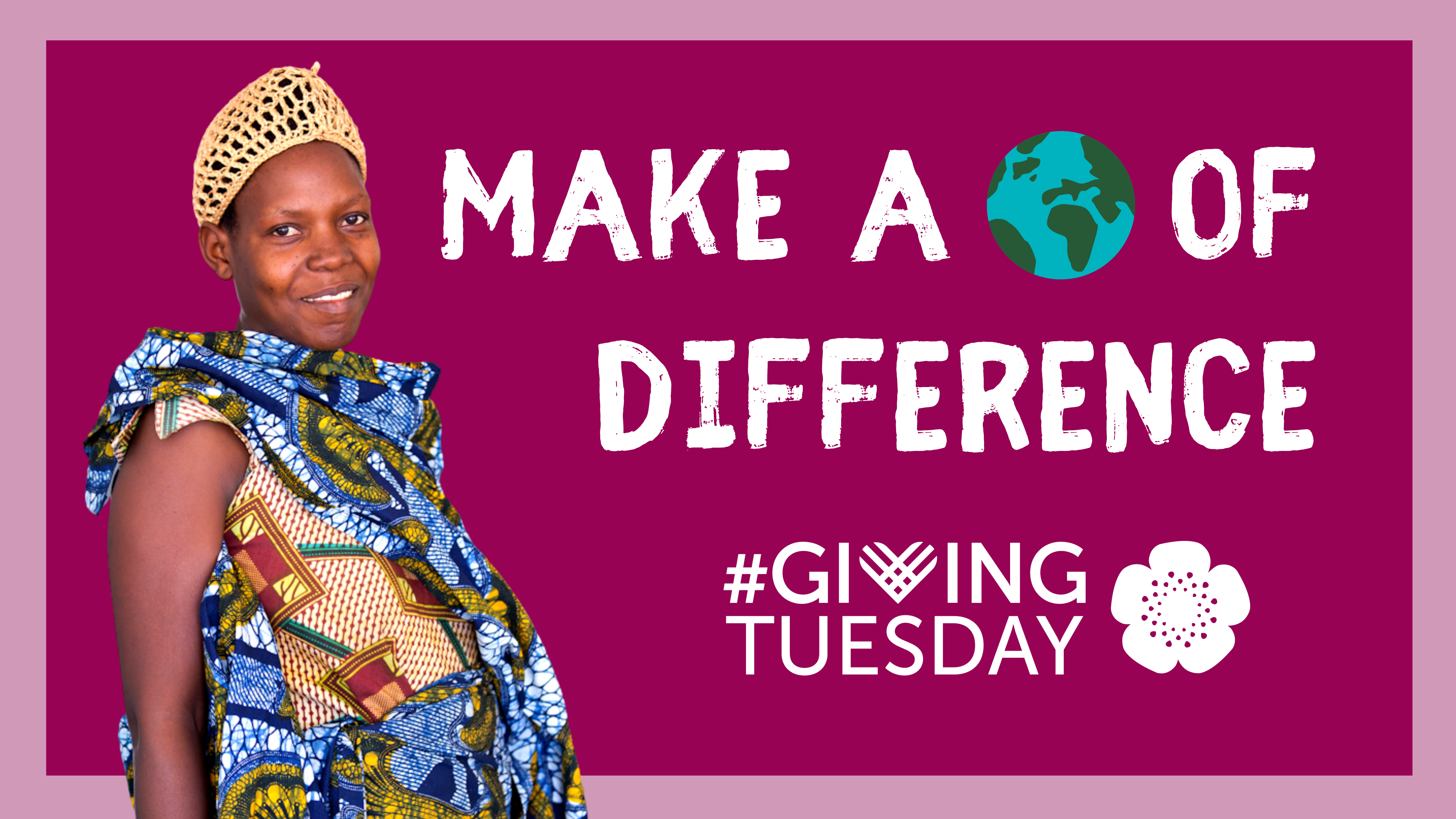
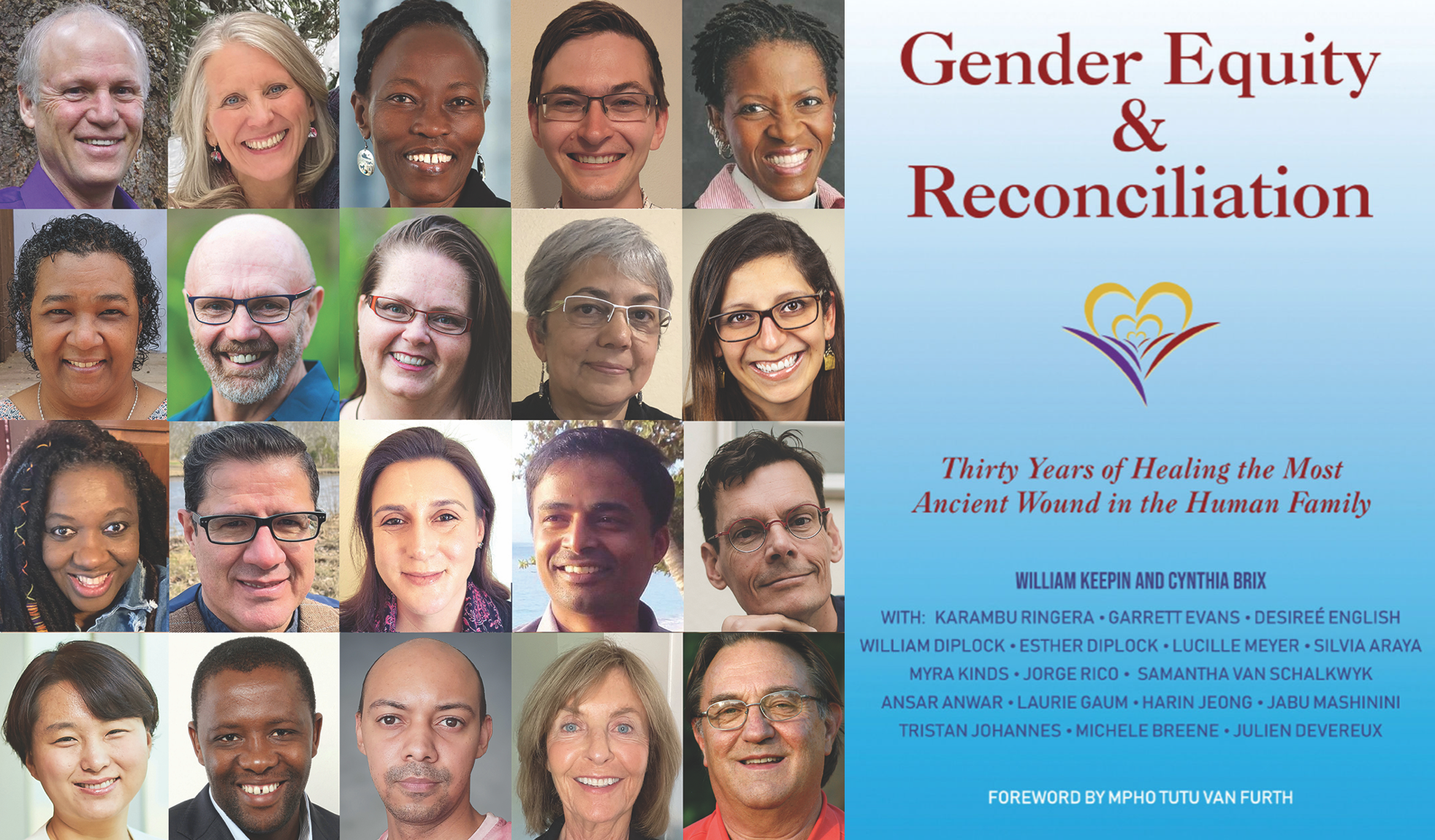
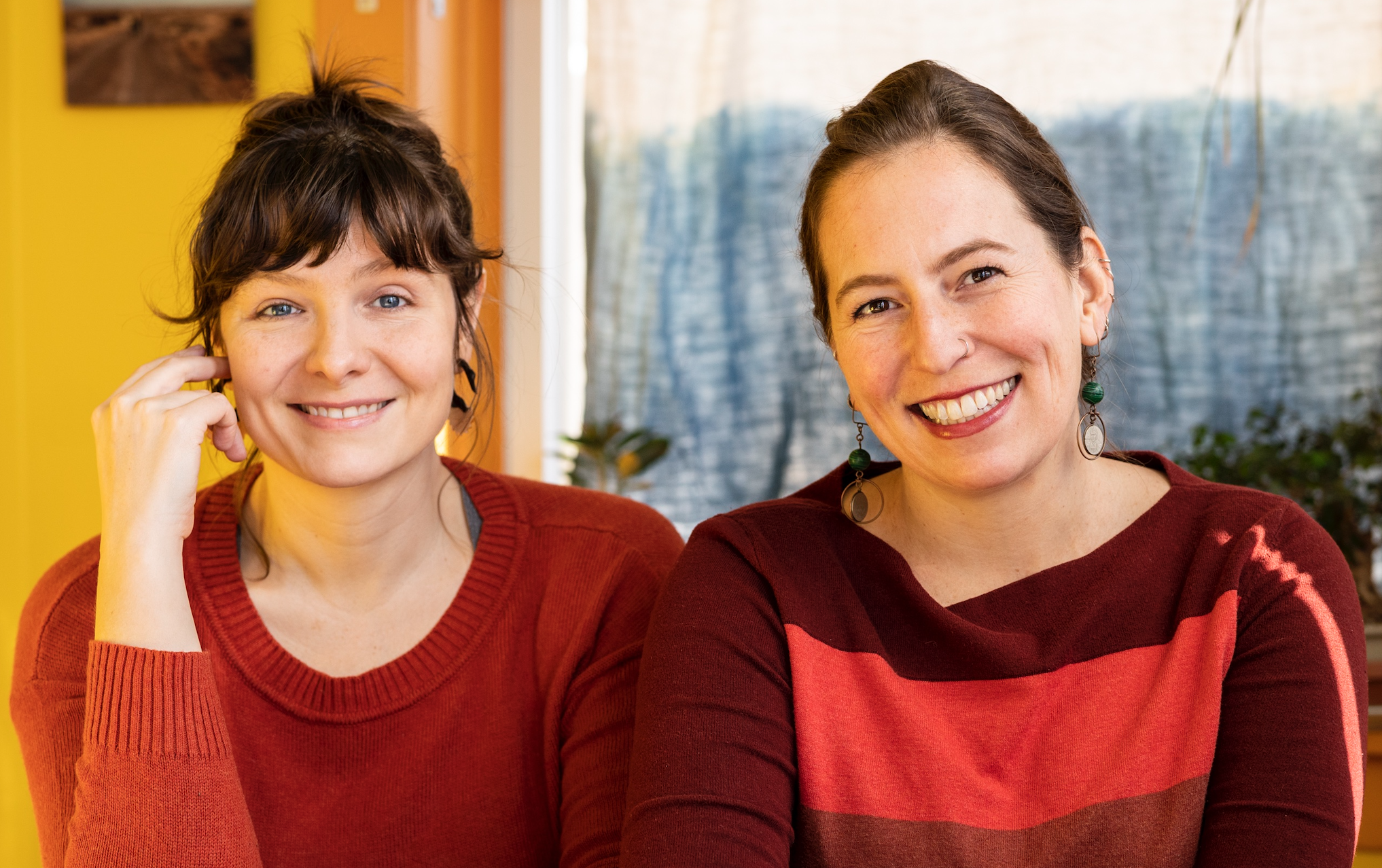
10 thoughts on “The Success Of The Women’s Marches Should Be A Wake-Up Call For American Democracy”